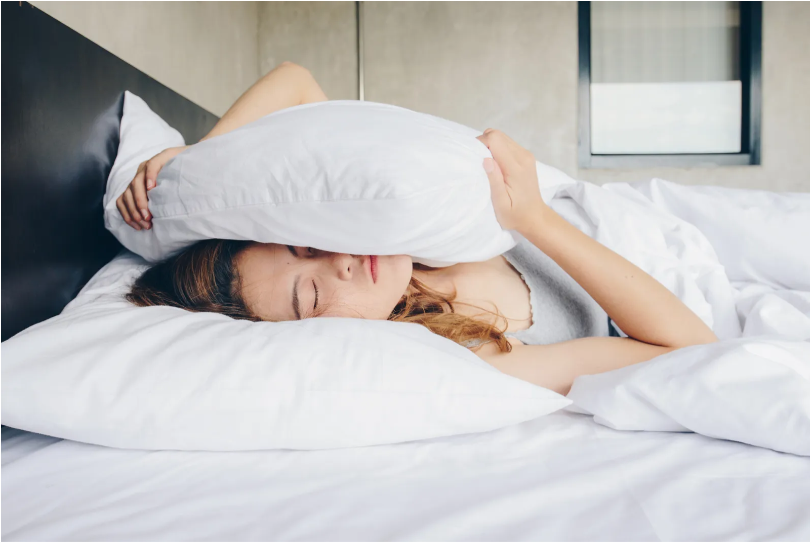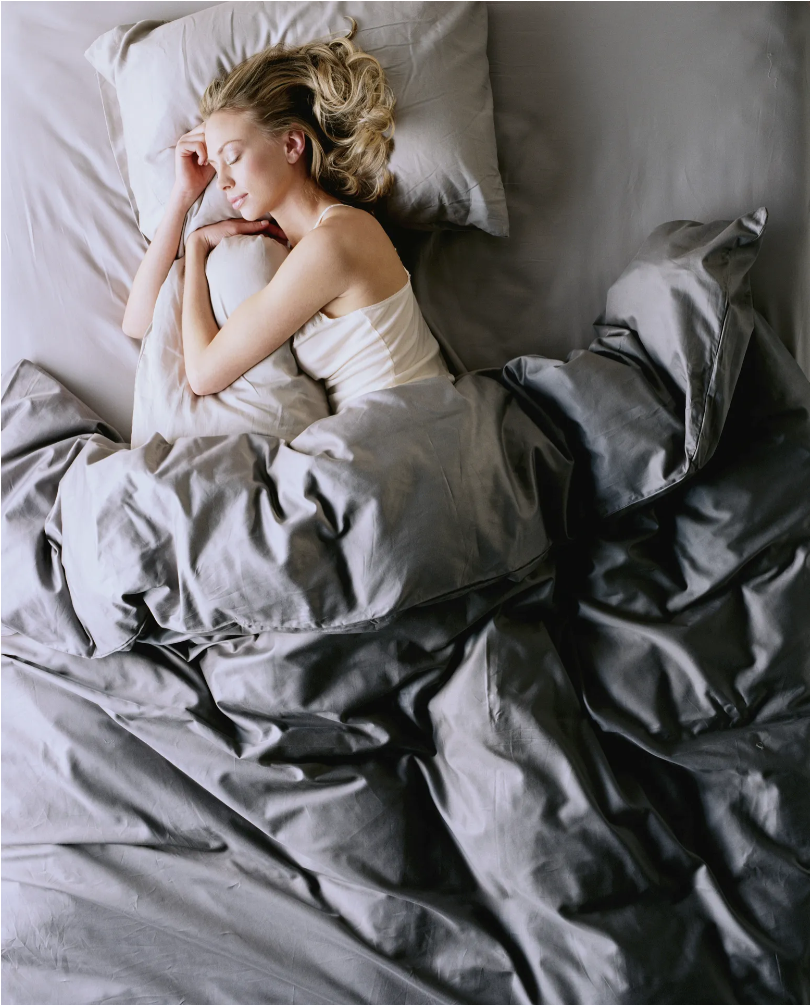Summer often feels like a paradox. Even if you no longer have a school vacation, the warm season brings a subtle shift: people work a little less intensely, sleep a little more, and yet somehow feel more drained than ever. Productivity dips, focus falters, and fatigue lingers. Why? The culprit may not be how long you sleep, but how you breathe at night.
How Summer Heat Disrupts Breathing at Night
According to dental sleep medicine specialist Dr. Sofía Rodríguez Moroder, sleep doesn’t always equal rest. “Many patients think snoring is the only sign of sleep issues. But even without snoring, mild sleep apnea can fragment deep sleep cycles, leaving the body unrested,” she explains.

Dr. Rodríguez Moroder notes that seasonal fatigue, insomnia, dizziness, jaw and neck tension, and poor concentration often share one hidden root: changes in nighttime breathing.
The jaw plays a bigger role than most realize. If the temporomandibular joint (TMJ) is misaligned, the brain interprets it as a constant threat, keeping the nervous system on alert and blocking restorative sleep.
Data from Spain’s dental associations show that 70% of adults experience bruxism (teeth grinding) at some point in their lives, often linked to jaw dysfunction or poor tongue posture at night. These imbalances trigger neuromuscular hyperactivity, which can quietly sabotage sleep.
Add in summer’s extreme temperatures, and things get worse. Spain’s meteorological agency (AEMET) reported record-breaking “tropical nights” in June 2025, with temperatures never dropping below 25°C. As a result, many people resorted to fans, air conditioning, or sleeping with their mouths open—leading to dry skin, micro-awakenings, and mild sleep apnea.

The Cost of Broken Sleep on Work and Focus
The Spanish Society of Pulmonology and Thoracic Surgery (SEPAR) estimates that more than 25% of adults suffer from some form of sleep-related breathing disorder, though fewer than 10% are properly diagnosed. In the U.S., the American Academy of Sleep Medicine (AASM) puts the global prevalence of sleep apnea at around 26% of adults aged 30–70, many of them undiagnosed.
What does that mean in daily life? Even without realizing it, these interruptions fragment deep sleep, eroding concentration, memory, and problem-solving. “Sleep isn’t a luxury—it’s a biological need,” says Dr. Rodríguez Moroder. “If you sleep poorly, your body will remind you—even on vacation.”
Harvard, Stanford, and the World Health Organization have all warned that poor-quality sleep directly undermines cognitive performance. Studies confirm that it’s not just sleep duration that matters, but sleep continuity. Fragmented nights filled with micro-awakenings can be more damaging than simply going to bed late.
- A Communications Biology study analyzing nearly 500,000 adults in the U.K. found that memory, emotional control, and decision-making peak after seven hours of uninterrupted sleep. Too little, too much, or broken sleep all shrink brain volume and reduce cognition.
- A 2024 MDPI study showed that even short disruptions increase brain effort during complex tasks, accelerating mental fatigue.
- Neuroscience & Biobehavioral Reviews concluded that 3–6.5 hours of sleep per night impairs memory, and this damage cannot be “repaid” with extra rest later.
- In 2025, Sleep Science & Practice confirmed that even people without insomnia suffer measurable declines in attention, speech, and memory if their nights are fragmented.

How to Sleep Better in Summer
So what can you do? If hot nights, mouth breathing, or jaw tension are disturbing your rest, try these non-drug solutions recommended by Dr. Rodríguez Moroder:
- Neuromuscular relaxation splints – reduce jaw tension and bruxism.
- Mandibular advancement devices (MADs) – helpful for mild sleep apnea or snoring; they support nasal breathing during sleep.
- Cranio-cervical physical therapy – exercises to improve jaw, neck, and cranial base mechanics.
- Tongue posture retraining – prevents airway obstruction and improves swallowing at night.
- Consistent sleep schedule – going to bed and waking up at the same time helps stabilize circadian rhythms.
- Digital detox before bed – avoid screens for at least an hour to support melatonin release.
- Cool bedroom environment – aim for 18–20°C to reduce heat-related awakenings.
- Noise and light control – blackout curtains, earplugs, or white noise can improve continuity.
- Morning sunlight exposure – helps regulate melatonin and circadian rhythm.
- Nasal breathing training – techniques like Buteyko breathing encourage diaphragmatic, nose-based breathing, reducing mouth-breathing habits.
- Mindfulness or guided meditation – proven to shorten sleep latency and reduce night-time awakenings.
- Regular movement – activities like walking, swimming, or yoga at least three hours before bedtime enhance sleep quality.

The Bottom Line
In summer, you might sleep longer but still wake up tired. Heat, jaw tension, and disrupted breathing can fragment sleep, silently draining your energy, focus, and productivity. As Dr. Rodríguez Moroder puts it: “We may sleep more, but we’re not truly resting.”
With simple strategies—from cooling your room to retraining your breathing—you can restore restorative sleep, protect cognitive performance, and finally wake up refreshed, even on the hottest nights.
